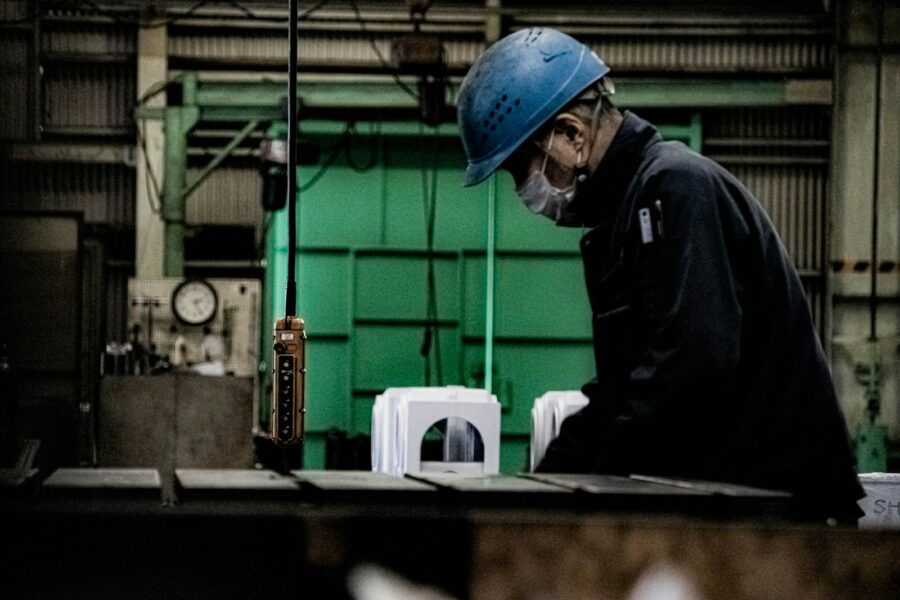Workers in UK industrial production areas are breathing air 63 times more polluted than in public spaces such as bus and train stations, a new study has found. The findings highlight a major workplace wellbeing crisis, as employees on factory floors are being exposed to dangerously high levels of particulate matter (PM2.5) without sufficient regulatory protection.
The air quality assessments, conducted by business supplier Zehnder Clean Air Solutions, measured pollution levels across 36 industrial workplaces and public spaces. They revealed that factory production areas are 92 times more polluted than a bus station and 78 times more polluted than a train station.
Office workers within the same businesses, meanwhile, breathe air that is 34 times cleaner than their colleagues on the shop floor, the study found.
A silent workplace health crisis
PM2.5 refers to airborne particles that are small enough to penetrate deep into the lungs and enter the bloodstream. The particles, generated by welding, grinding, cutting and also foot traffic, are linked to serious health risks, including respiratory and cardiovascular diseases, cognitive decline and even cancer.
Poor air quality is already recognised as the UK’s biggest environmental risk to public health, yet there are no legal requirements for employers to ensure clean air in workplaces. The latest data suggests that, without intervention, thousands of industrial workers face long-term health consequences from their daily exposure to high pollution levels.
Workplace pollution far exceeds public exposure
The study found that air pollution in industrial production areas significantly exceeds levels recorded in public transport hubs, supermarkets and schools. The average PM2.5 readings were:
- 92 times higher than at a bus station
- 87 times higher than in supermarkets and shopping centres
- 78 times higher than at a train station
The figures challenge assumptions that workplace air quality is adequately managed. While many employers prioritise physical safety measures such as protective equipment and machinery safeguards, airborne hazards remain largely ignored.
‘Off the charts’
Ben Simons, head of Zehnder Clean Air Solutions Europe West, said the findings expose a dangerous disparity between public health measures and workplace standards.
“The UK has put in a huge amount of effort to create public spaces with clean air,” he said. “It has recognised the dangers of inhaling pollutants and taken meaningful steps to reduce them. Yet its factory floors and production hubs — where workers spend all day, every day — continue to expose employees to serious harm.”
Simons added that the “levels of exposure are almost off the charts. We urgently need UK employers to understand how important it is to provide clean air at work. Doing so dramatically improves the quality of life for employees, reduces risks to health, and enhances the running of their businesses.”


